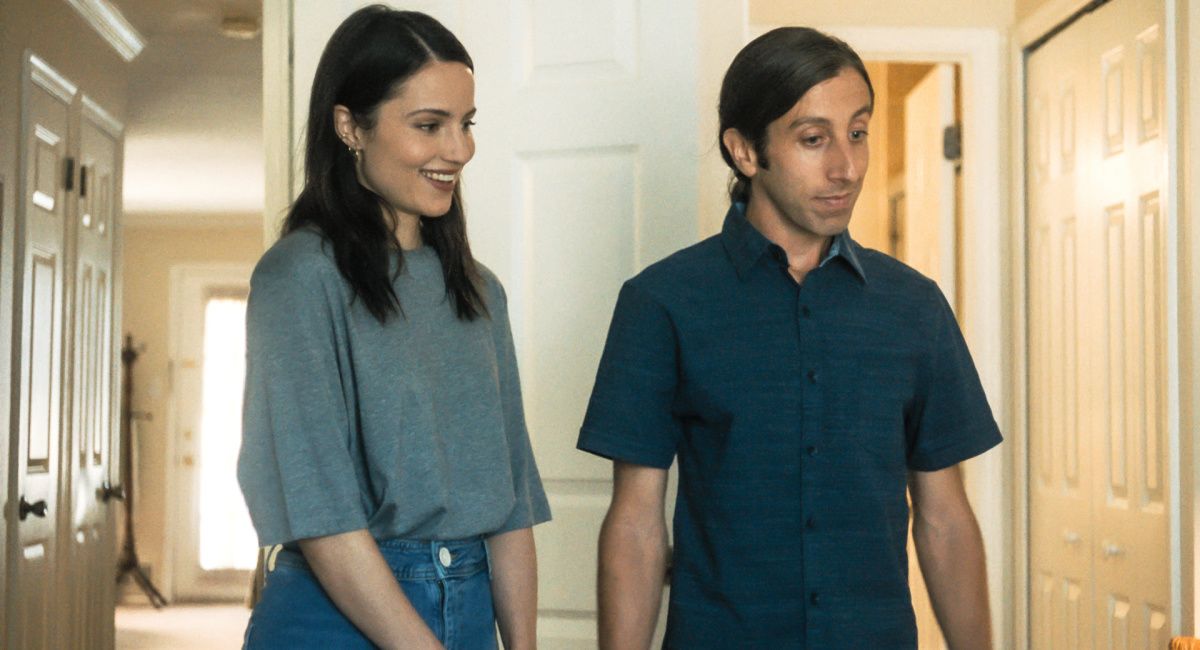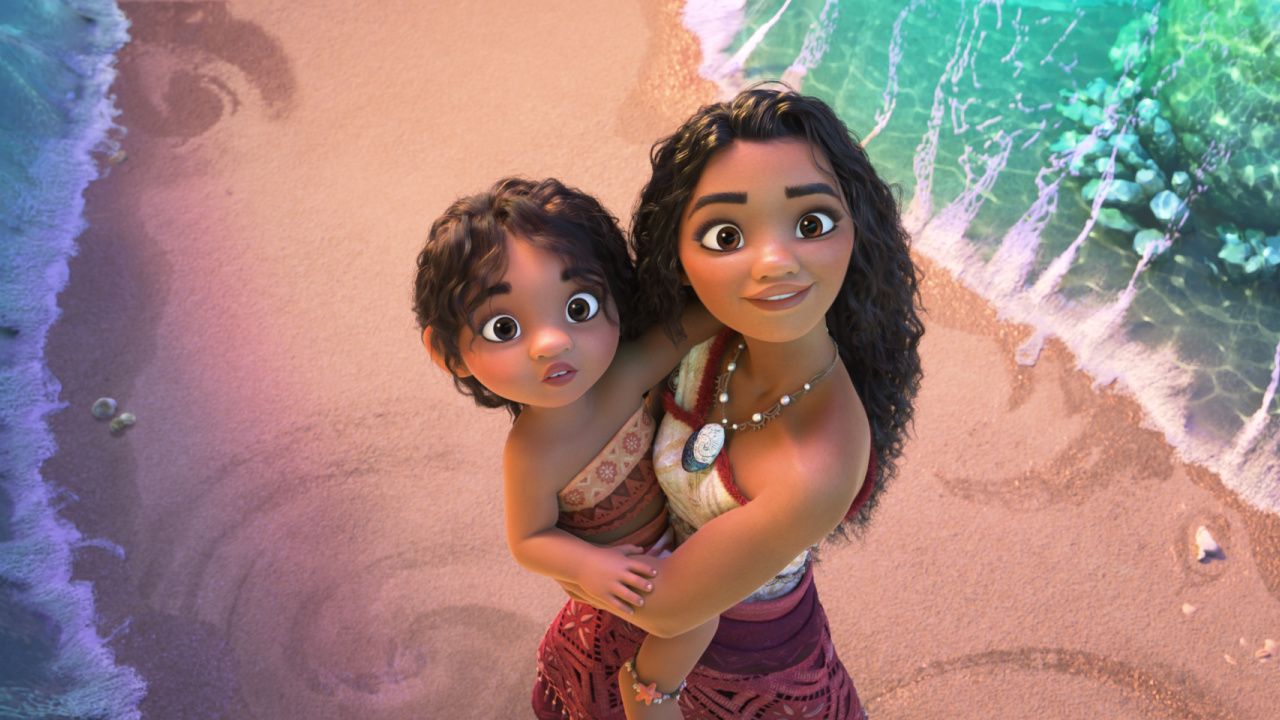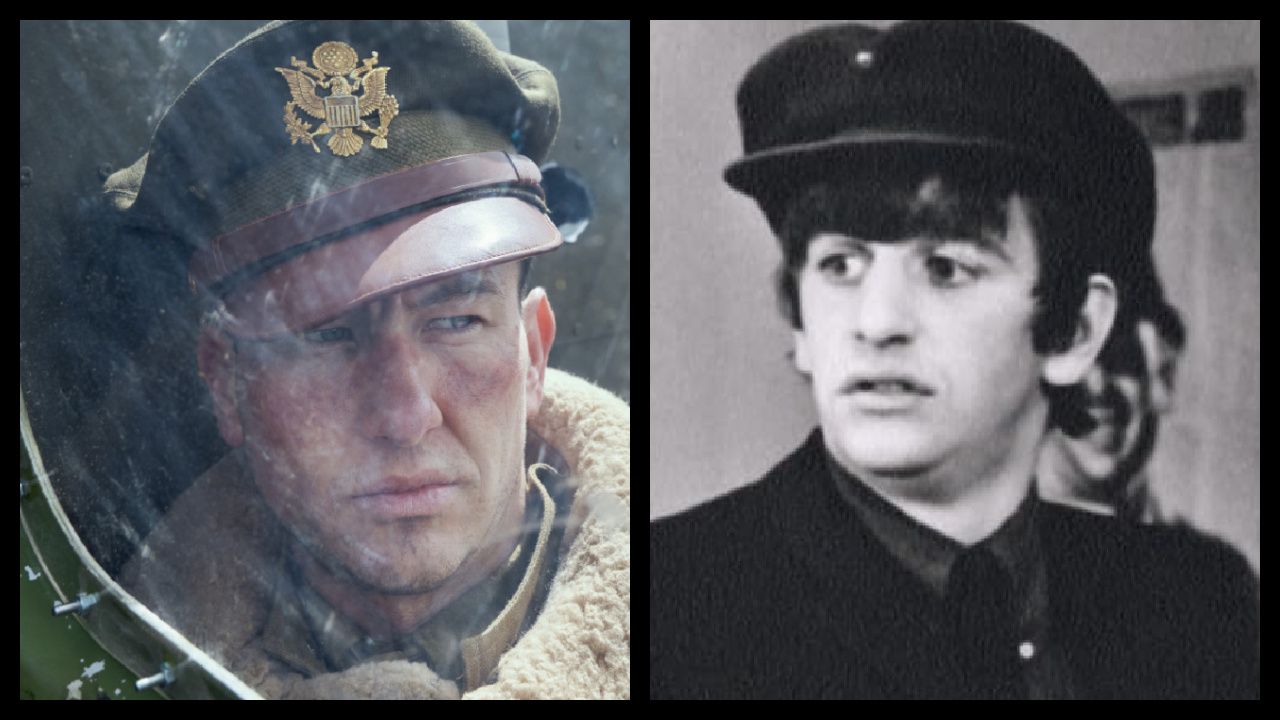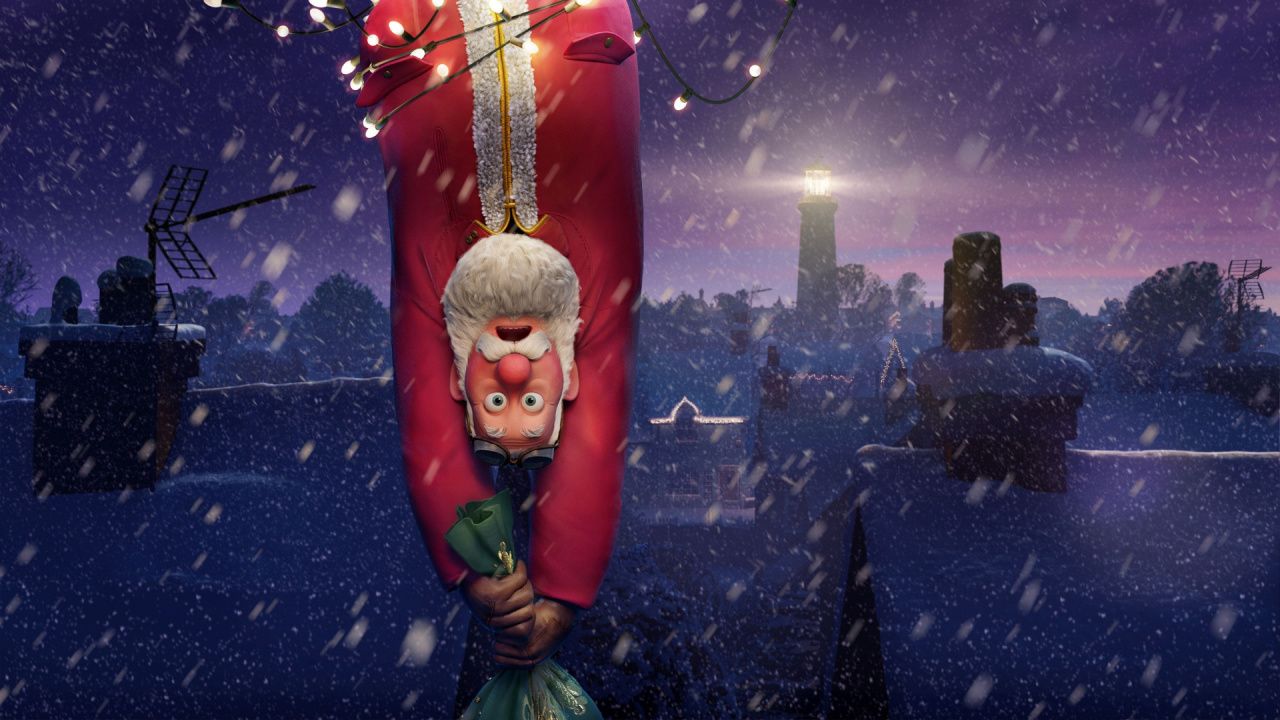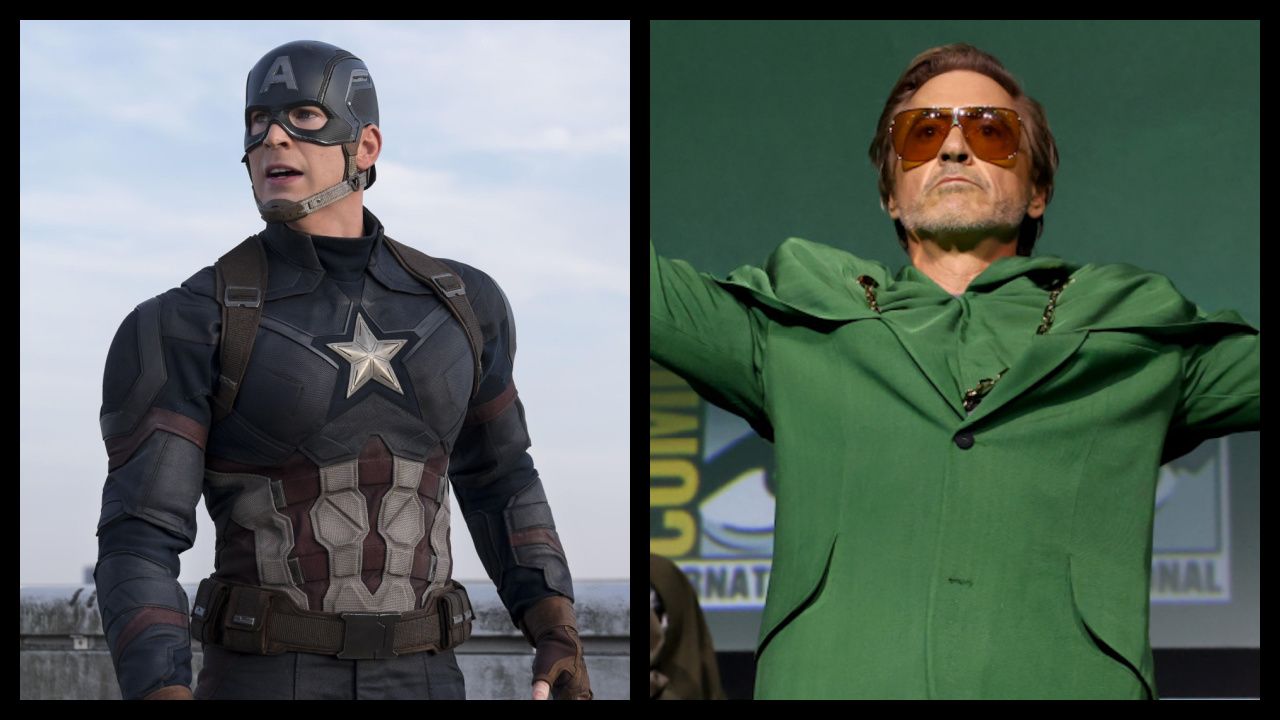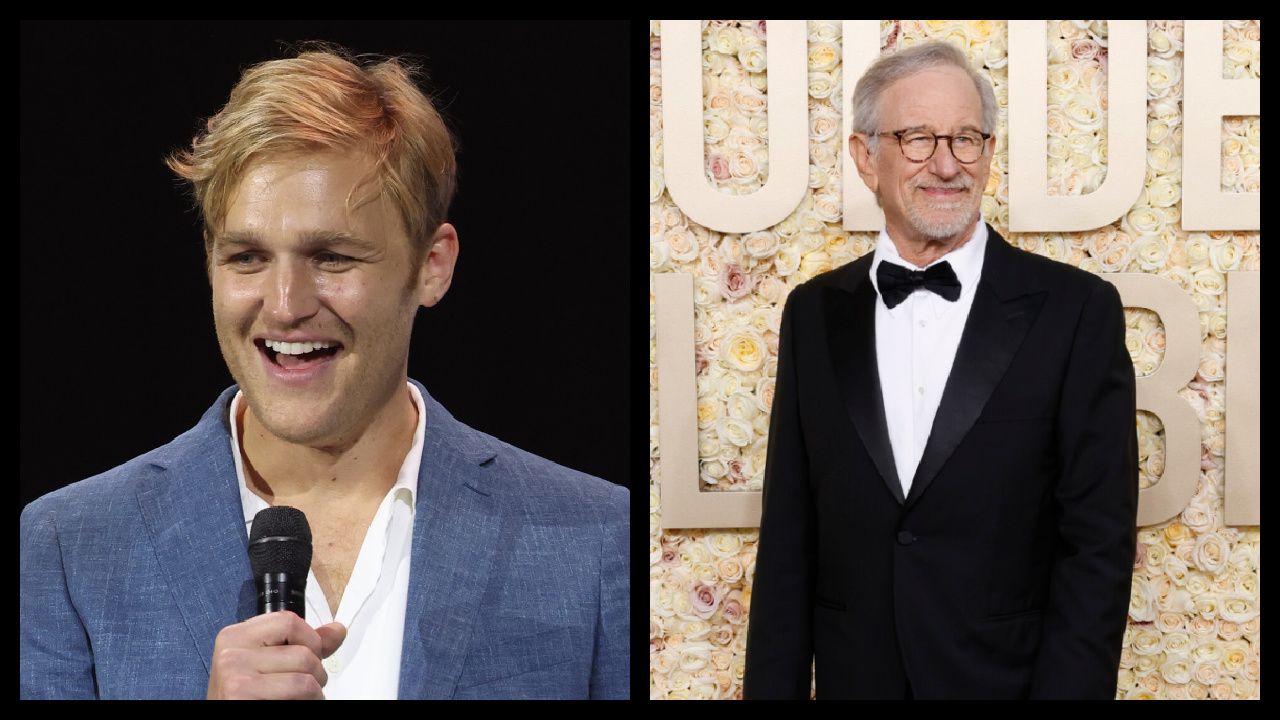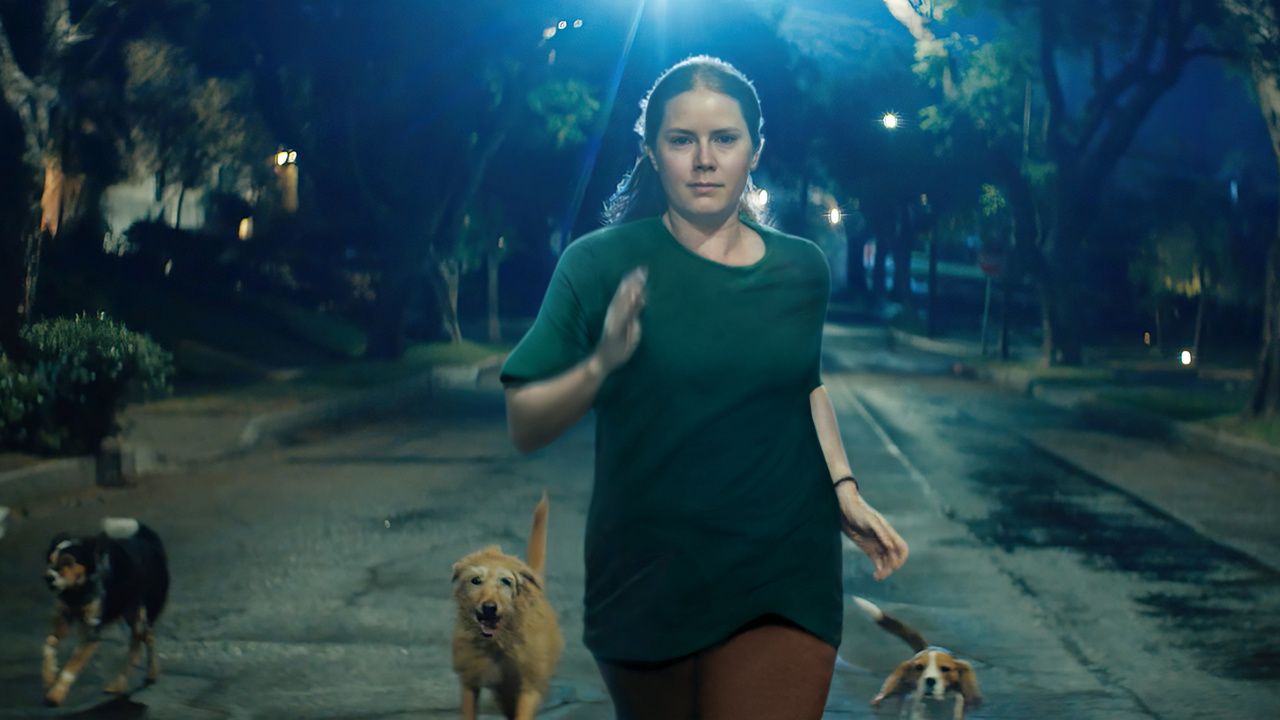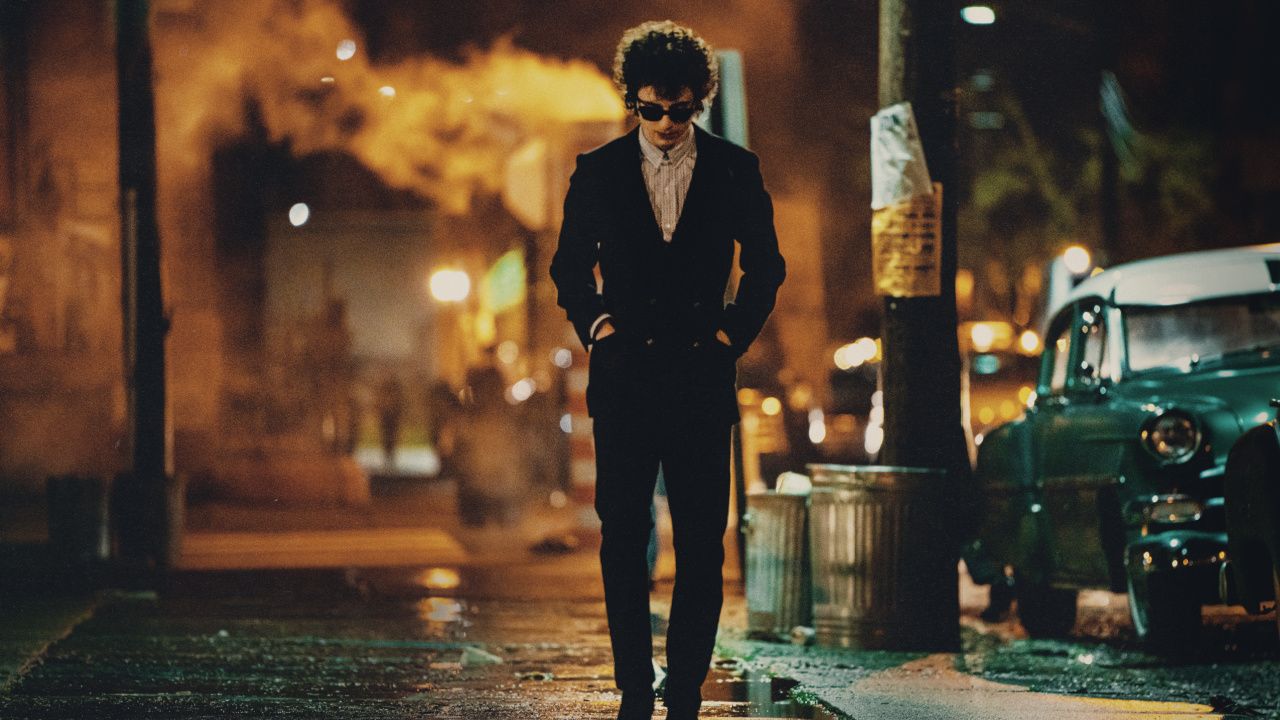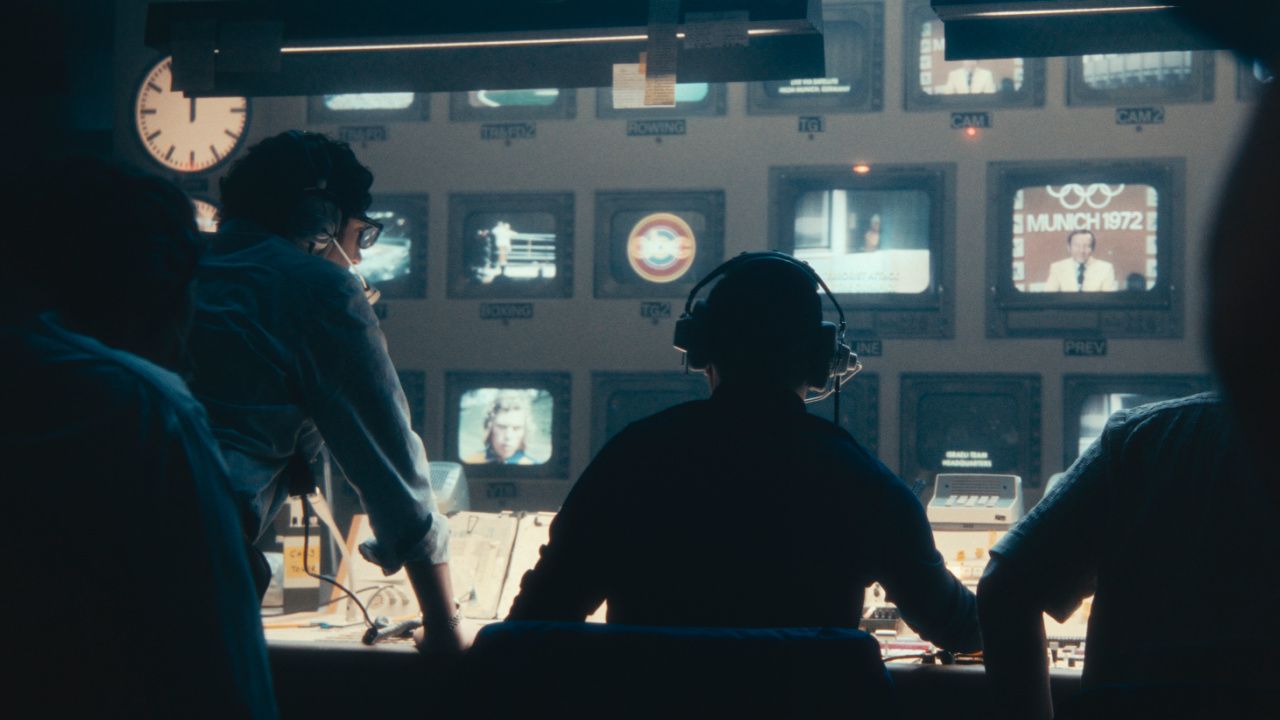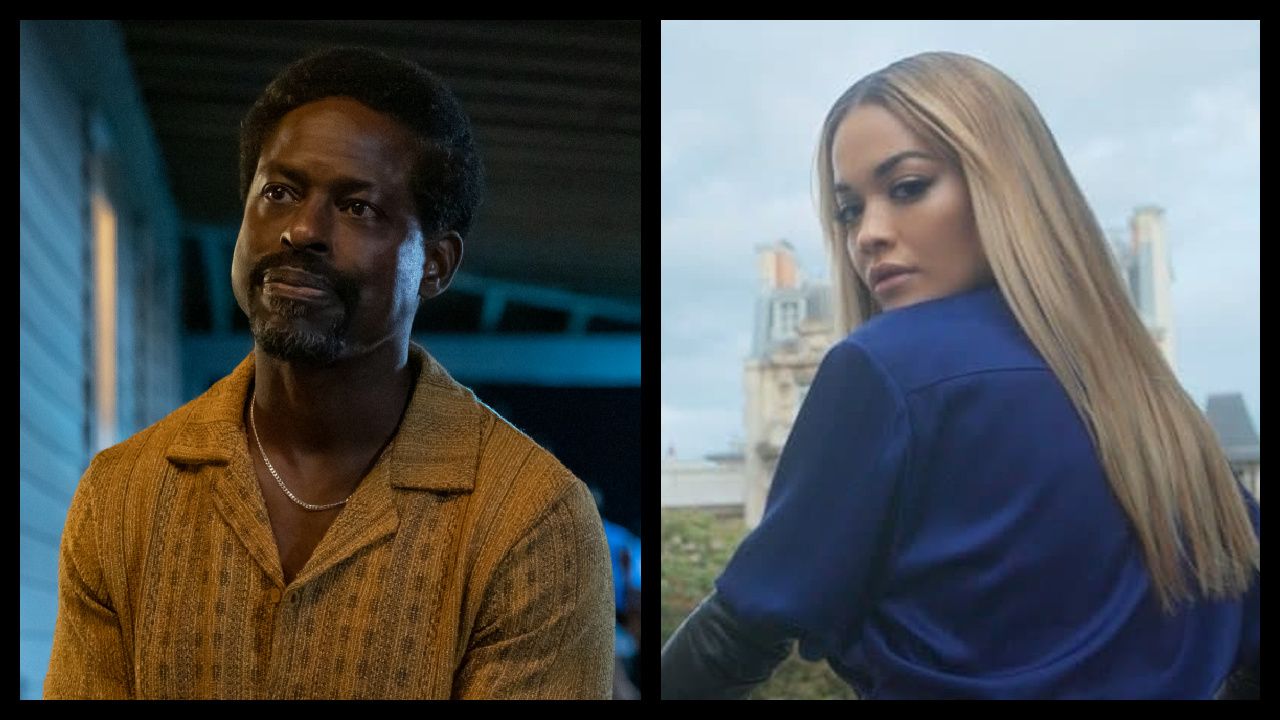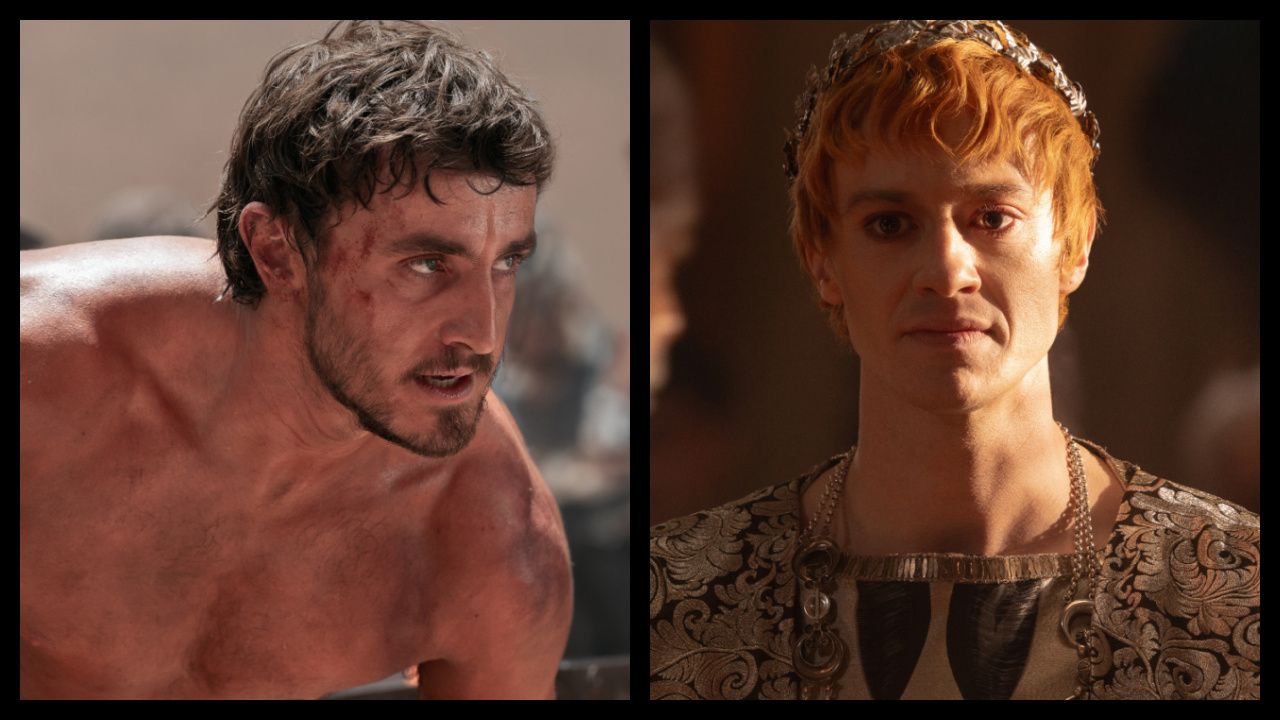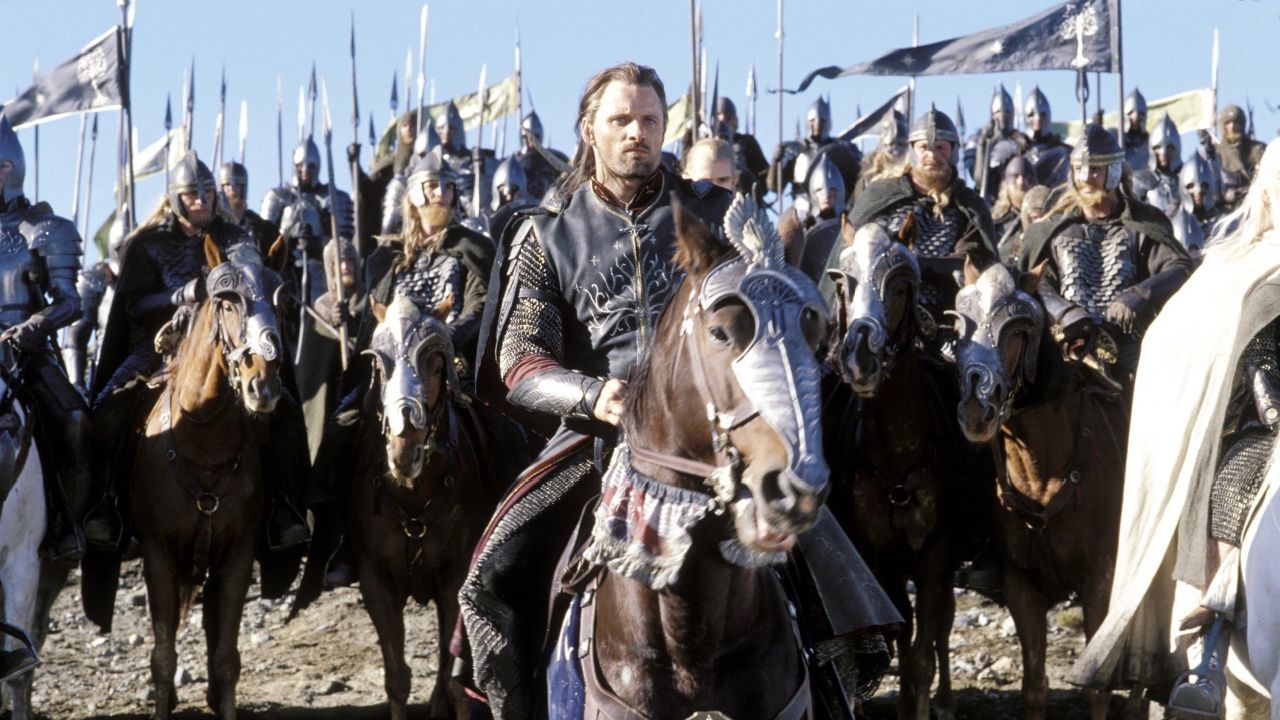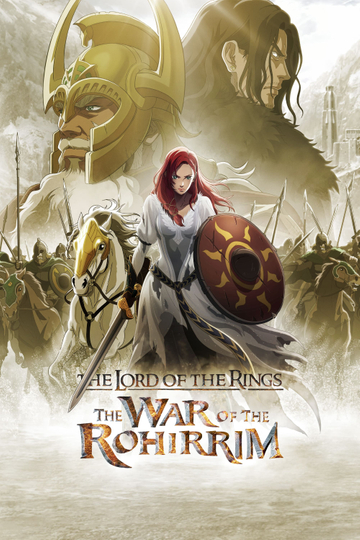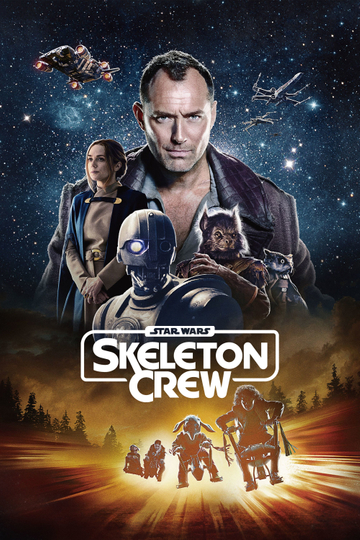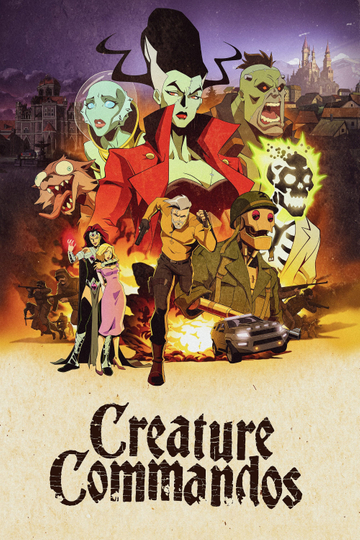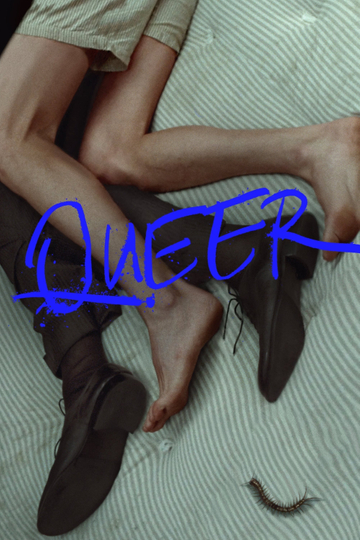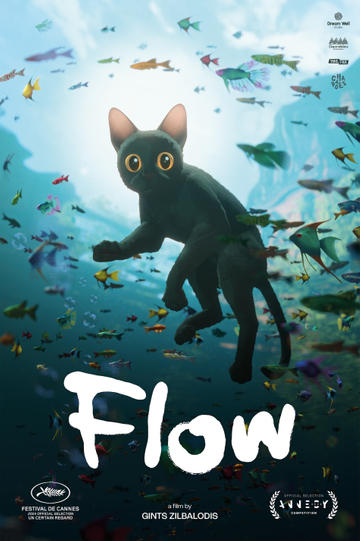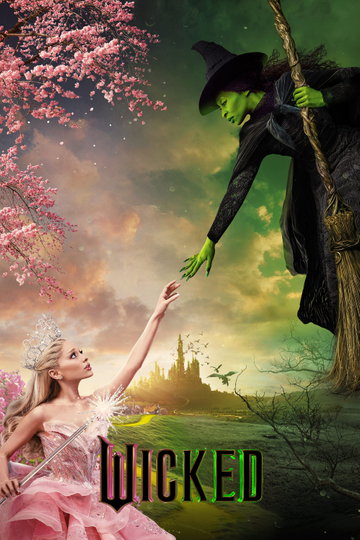Every Ryan Murphy Series, Ranked
Ryan Murphy is a powerhouse. The famed writer/director/producer has shepherded some of the most popular and influential shows of our time, all the while pushing the boundaries of what is acceptable on TV. (Those boundaries will seemingly be limitless when he soon joins Netflix as part of a $300 million deal.) His next cutting-edge confection, the 1980s-set “Pose,” premiered recently and is notable for its largely transgender cast (Evan Peters, a Murphy-verse regular, has a supporting role). We’ll see where that nets out on his resume, but until then we are running down every Murphy series so far.
8. 'Scream Queens' (2015 - 2016)
“Scream Queens” (created with usual confederates Brad Falchuk and Ian Brennan) isn't outright bad. But it was an attempt to channel the outrageousness and bloodshed of his breakthrough “American Horror Story” into something more easily digestible and network TV-friendly. The result was an odd mishmash, with a wayward narrative that didn’t progress as much as it loop-de-looped and an ever-shifting tone that never felt sincere (even though people were, you know, regularly getting murdered). The second season, which was the serial killer shenanigans shift to a hospital, was even more aloof and candy-colored (especially since they ditched Skyler Samuels’ “straight man” character). Points added for Emma Roberts’ beautifully bitchy performance and for the sheer outrageousness of everything Jamie Lee Curtis was doing.
7. 'Glee' (2009 - 2015)
For a while, “Glee” was a full-on cultural phenomenon -- Joss Whedon guest-directed an episode, every episode was a blockbuster, there was even a 3D concert film released theatrically. But time hasn’t been kind to the series, which seemed to age more prematurely than it’s obviously-older-than-high-school cast. Part of this has to do with the fact that the show outstayed its welcome, with later seasons seeming listless and unfocused, but more of that has to do with the tragedy that befell its talented young cast. Cory Monteith died of a drug overdose and Mark Salling killed himself before being sentenced for child pornography. For a series typified by its joyfulness, these deaths served as an awfully dark afterward.
6. 'Popular' (1999 - 2001)
Murphy’s first series, created with The Brady Bunch,” it starred Leslie Bibb and Carly Pope -- as both the popular girl and the societal outcast -- who are forced to get along after their parents get married. (The second season had definite “The Parent Trap” vibes, as they teamed up to get their split parents back together again.) Everything about “Popular” was pitch-perfect, from its portrayal of modern (at the time) high school politics to its biting dialogue, full of barbs as sharp as poison-tipped arrows.
5. '9-1-1' (2018 - Present)
“9-1-1” has only just begun, but it’s started out strong. Created with help from Falchuk and American Horror Story” franchise for years), the show initially seemed like the canny augmentation of a well-known formula -- a police (or in this case police response) procedural, gussied up with Murphy’s outré sensibilities. But as the show progressed, the themes deepened, and it appeared that the series would work as a kind of oversized metaphor for the trauma in our everyday lives; whether that’s spiritual, emotional, or psychological. Exciting, moving and, occasionally, deeply sad, it’s a blood-splattered delight. Can't wait for next season.
4. 'Feud' (2017 - Present)
One of Murphy’s unsung talents is being able to take material and understand how best it should be presented. Like “American Crime Story,” “Feud” began as a feature film script (by co-creators Jaffe Cohen and Michael Zam) but Murphy realized it could be something more and fashioned an entire series around it, with each season focusing on a specific feud. The first season, which chronicled the battle between Bette Davis (Susan Sarandon) and Joan Crawford (Jessica Lange) during the production of “What Ever Happened to Baby Jane?” was over-the-top camp perfection that carried with it deeper resonance about the creative process and the nature of friendship. Next season centers around Diana and Prince Charles and promises to be even more deliciously dark.
3. 'Nip/Tuck' (2003 - 2010)
“Nip/Tuck” represents the alpha and the omega of all things Ryan Murphy -- outlandish, boundary-pushing storylines, graphic sex and violent, and a structure both rigid and flexible enough for some extreme experimentation. At the time, it was unlike anything else on television and even today stands out as something unique and utterly bizarre. But, of course, “Nip/Tuck” occasionally represented the worst in Murphy -- his desire to create thrilling entertainment, sometimes at the expense of cohesive narratives was particularly galling. (I’m still upset about the reveal of The Carver, a season-long storyline that ended in a flat-out cheat.) Still, “Nip/Tuck” set the table for the era of peak television we’re currently basking in and it’s still a hoot.
2. 'American Horror Story' (2011 - Present)
Simply put, there isn’t a television series on the air as fearlessly adventurous as “American Horror Story.” When the show first began, most of us assumed that it would follow the same suburban family (led by Dylan McDermott and Connie Britton) for the entire series but -- surprise! – everyone died. (Initially, Murphy and co-creator Falchuk said there was no link between seasons, but they have now admitted there are.) Since that first year, each season has undergone a radical transformation; one season it’s a period piece about possession and Nazis at a 1960s asylum, the next it’s a modern day political screed, and yet another is a meta show-within-a-show. Some seasons are better than others, for sure, but each is wildly scary and oftentimes just as funny, anchored by a peerless troupe of recurring actors.
1. ‘American Crime Story’ (2016 - Present)
Co-developed by American Crime Story,” which began as a pseudo-spin-off of “American Horror Story,” followed the trial of O.J. Simpson and its surrounding controversies (about race, gender, and celebrity) and became an instant sensation. It wasn’t just about reliving the sensationalistic events from the recent past; it was about putting them into the context of now. Similarly, the show’s second season, an instantly underrated installment on the murder of Gianni Versace and the systemic homophobia that allowed; a serial killer operate undetected in the gay underground. With “American Crime Story,” context is everything. What started out as a cheap cash-in has become something more resonate and profound; in fact, it’s the most powerful series Murphy has ever been involved in.












